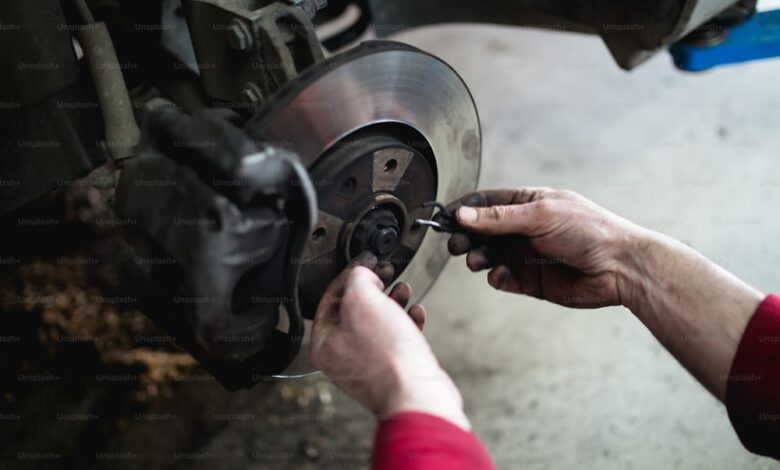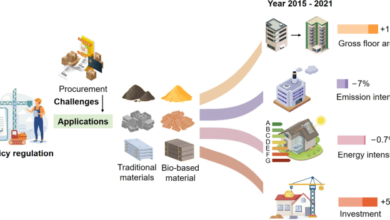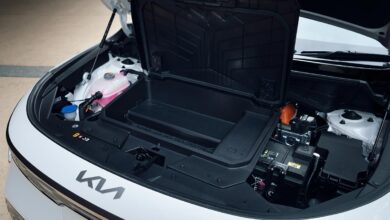Struggling With Noisy Brakes? Here’s How To Fix Them

Noisy brakes can be both annoying and a sign of underlying issues that need immediate attention. Whether you hear squealing, grinding, or clicking sounds when you apply the brakes, addressing these noises promptly can prevent costly repairs and ensure your safety on the road. Understanding the causes of brake noise and knowing how to fix them is essential for every driver. Here are some effective strategies to help you eliminate noisy brakes and maintain your vehicle’s braking system.
Inspect Brakes For Wear
One of the most common reasons for noisy brakes is worn-out brake components. Over time, brake pads and rotors can wear down due to constant friction and heat generated during braking. When brake pads become thin, the metal backing plate can come into contact with the rotor, causing a grinding noise. Similarly, unevenly worn rotors can produce squealing or vibrating sounds when braking.
Regularly inspecting your brakes for wear is crucial to identify and address these issues early. Start by visually examining the brake pads through the wheel spokes. If the pad thickness is less than a quarter-inch, it’s time to replace them. Additionally, check the rotors for grooves, cracks, or excessive wear. Smooth, even rotors are essential for quiet and efficient braking.
Using a brake bleeder tool can help maintain the hydraulic pressure in your braking system, ensuring that your brakes respond correctly and reducing the likelihood of noise caused by air bubbles in the brake lines. Properly maintained brakes not only eliminate unwanted noises but also enhance your vehicle’s stopping power and safety.
High-Quality Brake Beddings
Another effective way to reduce brake noise is by using high-quality brake bedding materials. Brake bedding refers to the process of breaking in new brake pads and rotors to ensure optimal performance and longevity. Proper bedding helps create a smooth and even contact surface between the brake pad and rotor, minimizing noise and improving braking efficiency.
Investing in high-quality brake components can make a significant difference in reducing brake noise. Premium brake pads are designed to provide consistent friction without producing excessive noise. Additionally, using durable materials like ceramic or semi-metallic brake pads can help dissipate heat more effectively, preventing squealing and grinding sounds.
In some cases, installing wheel spacers can also help reduce brake noise by providing more clearance between the brake caliper and the wheel. This additional space allows for better airflow and heat dissipation, which can prevent the buildup of moisture and reduce the likelihood of brake noise.
Additional Tips for Quiet Brakes
Beyond inspecting brake wear and using high-quality brake beddings, there are several other practices you can adopt to maintain quiet and efficient brakes:
Regular Cleaning: Keeping your brake components clean from dust, debris, and road contaminants can prevent unnecessary noise. Using a tire repair kit to fix punctures promptly ensures that your tires remain in good condition, indirectly supporting your braking system.
Lubricate Moving Parts: Applying the right lubricants to brake hardware, such as caliper slides and pad backing plates, can reduce friction and noise. Ensure that you use lubricants specifically designed for brake systems to avoid contamination.
Check Brake Fluid: Maintaining the correct level and quality of brake fluid is essential for smooth braking performance. Dirty or low brake fluid can cause brake components to wear unevenly and produce noise. Regularly flushing and replacing brake fluid according to your vehicle’s maintenance schedule can help keep your brakes quiet and responsive.
Conclusion
Noisy brakes are more than just a minor annoyance; they can indicate serious issues that need immediate attention. By regularly inspecting your brakes for wear, using high-quality brake beddings, and adopting additional maintenance practices, you can eliminate unwanted brake noises and ensure your vehicle’s braking system remains reliable and efficient. Utilizing tools like a brake bleeder tool and investing in quality brake components can significantly enhance your braking performance and safety. Address brake noises promptly and maintain your braking system diligently to enjoy a quieter, safer, and more comfortable driving experience.





